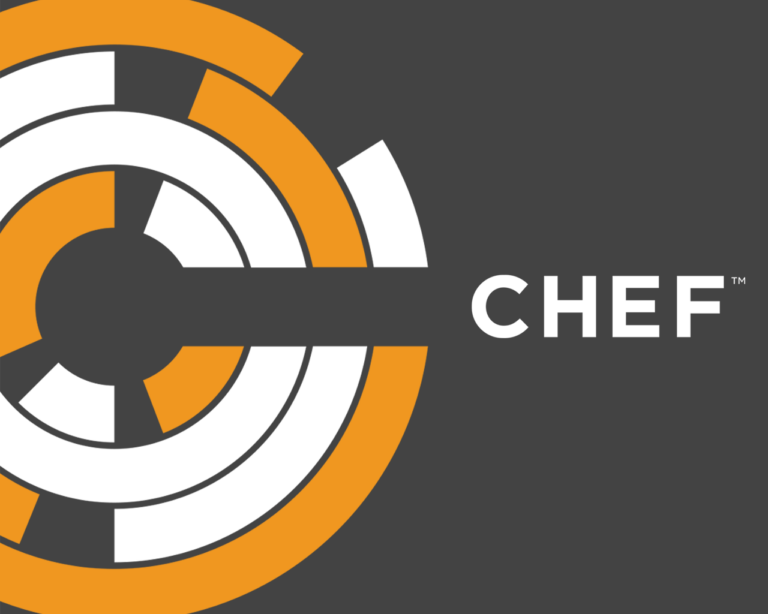
Chef has lifted a page from Red Hat’s recipe book, and is making all of its software 100 per cent open source, under the Apache 2 license.
But if you’re planning to use the automation and configuration specialist’s software in production, you’re still going to be expected to cough up for a subscription.
Chef CEO Barry Crist said in a blog post today that the company “has always believed in the power of open source”.
“Starting today, we will expand the scope of our open source licensing to include 100 per cent of our software under the Apache 2.0 license (consistent with our existing Chef Infra, Chef Inspec, and Chef Habitat license terms) without any restrictions on the use, distribution or monetization of our source code as long as our trademark policy is respected.
Anyone was welcome to “use and extend our software for any purpose in alignment with the four essential freedoms of Free Software,” he continued.
The licensing changes mean Chef “can focus all of our investment and energy on building the best possible products in the best possible way for our community without having to choose between what is ‘proprietary’ and what is ‘in the commons.’”
“This means all of the software that we produce will be created in public repos,” Crist wrote. “It also means that we will open up more of our product development process to the public, including roadmaps, triage and other aspects of our product design and planning process.”
In the same post, Crist said it was introducing the Chef Enterprise Automation Stack, a commercial distribution “licensed and tailored exclusively for commercial customers of Chef.” The stack spans Chef Workstation, Habitat, Infra and Inspec.
In an FAQ, the company was blunt about the inspiration for the move, saying “This is very similar to the ‘open source product’ model most effectively run by Red Hat, where they develop software in the open while attaching enterprise license terms to the distribution of RHEL (Red Hat Enterprise Linux).”
The changes kick in with new distributions coming this quarter, Chef said.
Nothing changes for existing commercial customers the firm mentioned, or for existing non-commercial users. Chef is looking at how it will partner with contributors to its OSS projects, as well as non-profits and “other special groups”. Lastly, anyone else can use the current releases in perpetuity – though support for these will cease in 12 months. Anyone who wants to use newer products will be subject to the new commercial terms.
The Q&A, inevitably, asked itself “do you think there will be a fork?” To which, Chef answered itself, “It is absolutely possible that there will be derivative branches of Chef’s projects and we look forward to welcoming them into our communities and working with them to ensure that their contributions can benefit everyone in the Chef open source ecosystem.”
